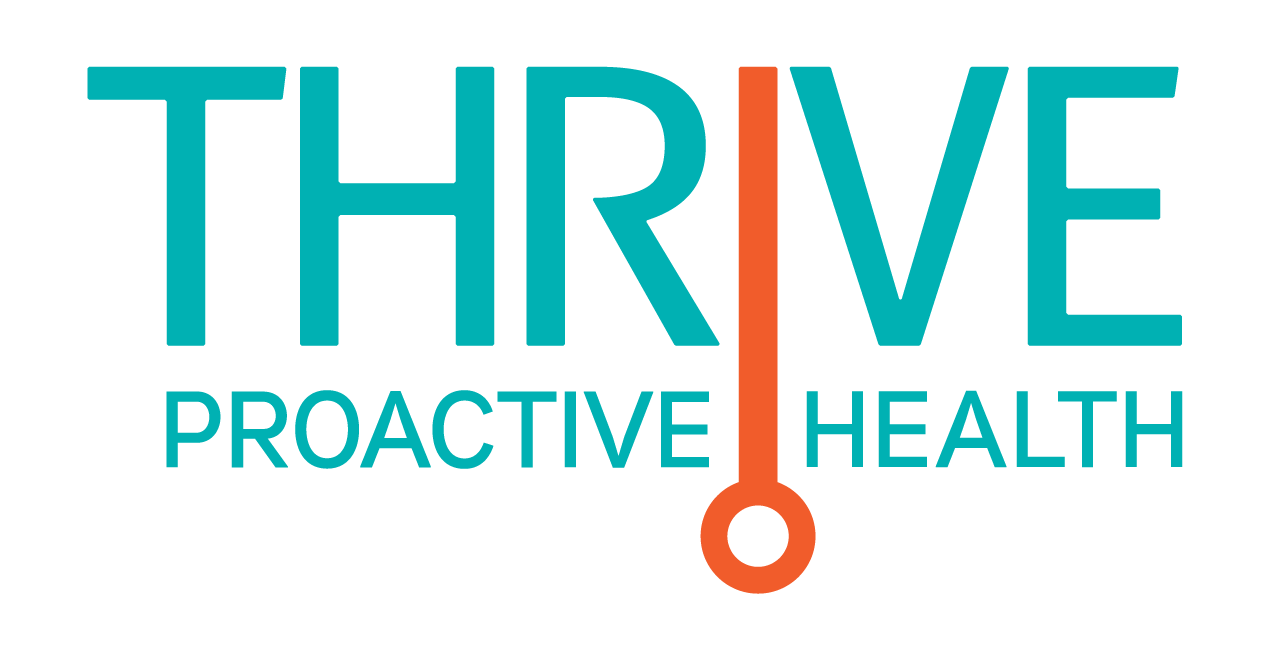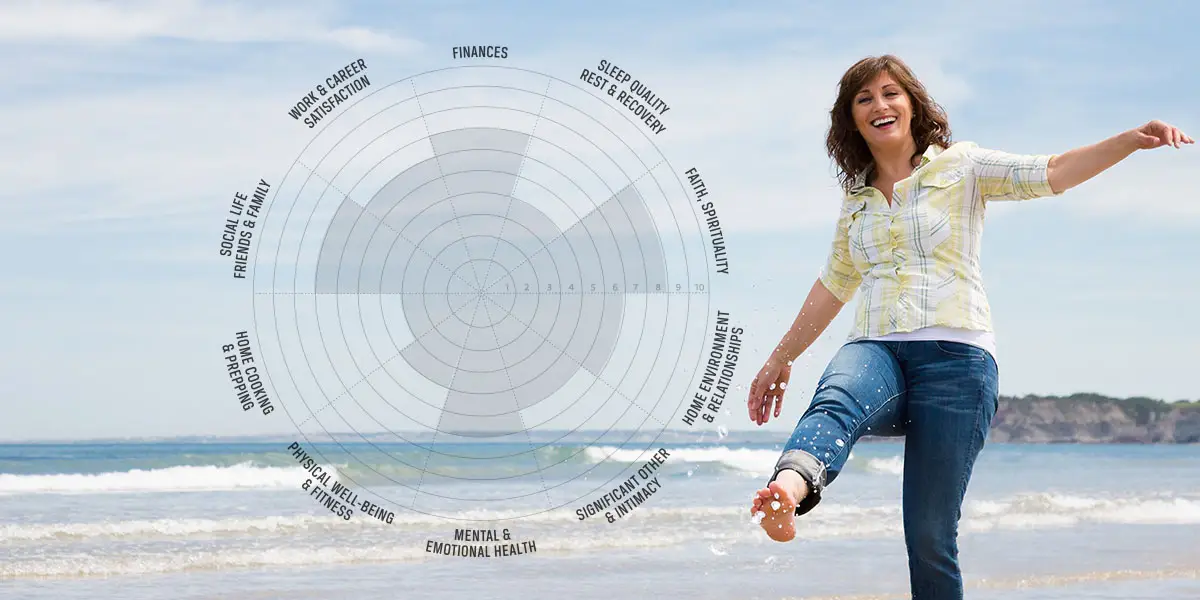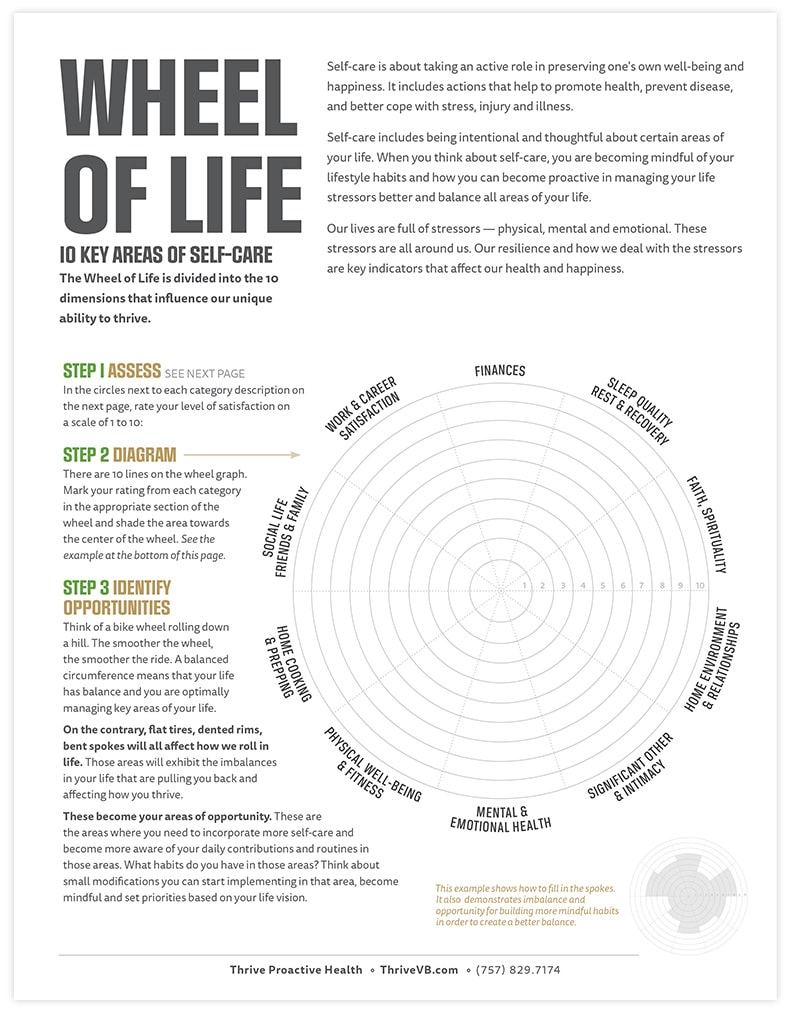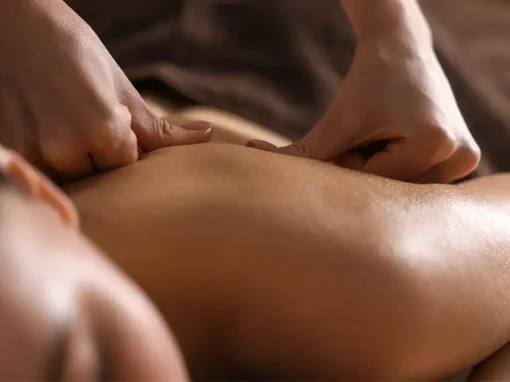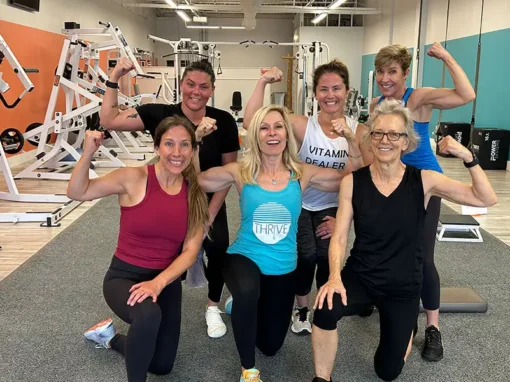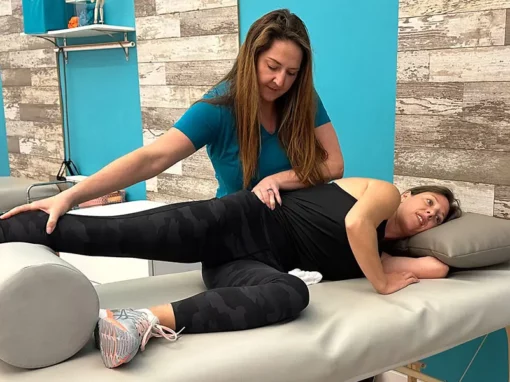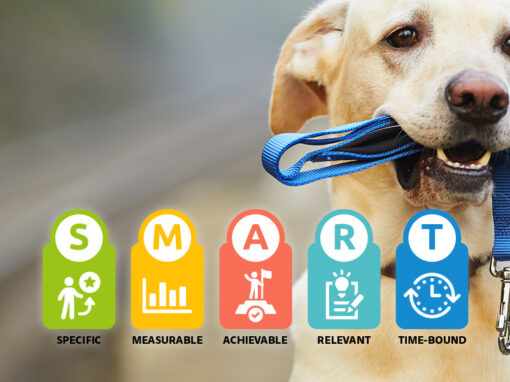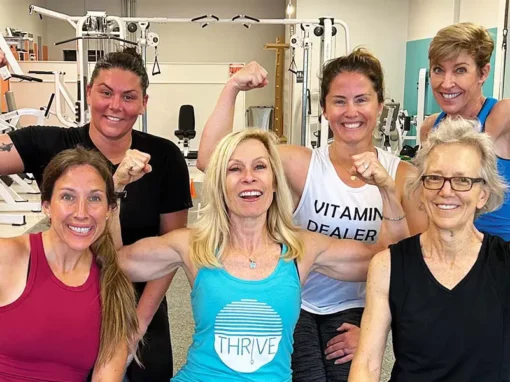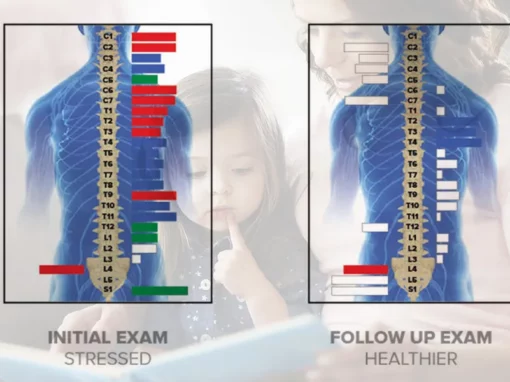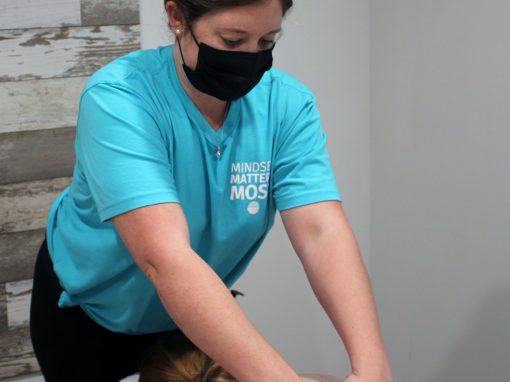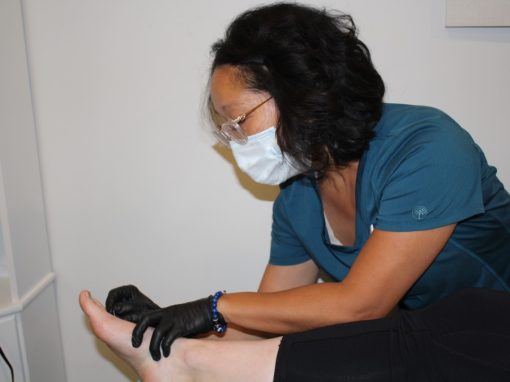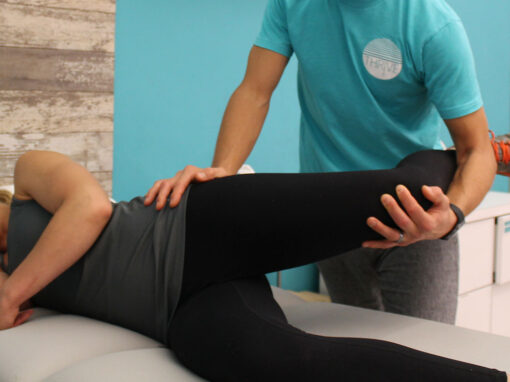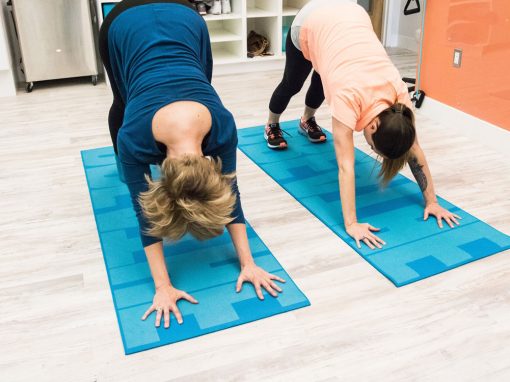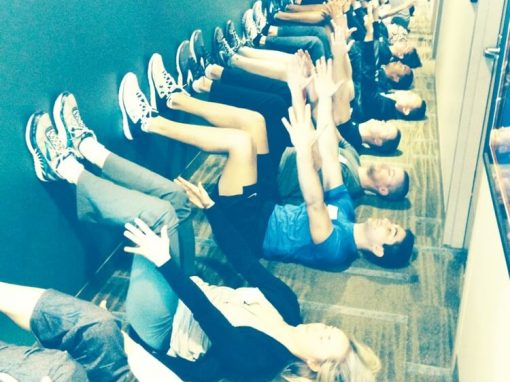Self care is about taking an active role in preserving one’s own well-being and happiness. It includes actions that help to promote health, prevent disease, and better cope with stress, injury and illness.
Self care includes being intentional and thoughtful about certain areas of your life. When you think about self care, you are becoming mindful of your lifestyle habits and how you can become proactive in managing your life stressors better and balance all areas of your life.
Our lives are full of stressors — physical, mental and emotional. These stressors are all around us. Our resilience and how we deal with the stressors are key indicators that affect our health and happiness.
10 Key Areas of Self Care
Use the Wheel of Life tool to help you reflect and get perspective on how you are currently showing up and acting in various areas of your life. The Wheel of Life is divided into the 10 dimensions that influence our unique ability to thrive. Below describes those dimensions of self-care, as well as a Wheel of Life worksheet for you to download.
Getting Started: Download the Wheel of Life Worksheet
Step 1
Assess Your 10 Dimensions
For each category description, rate your level of satisfaction on a scale of 1 to 10.
1 represents low satisfaction (opportunity) and 10 represents high satisfaction (abundance).
Do you sense that your work is aligned with your personal strengths and talents? Are you planted, engaged, properly challenged and growing in your career field, and working towards feeling success and achievement? Do you enjoy your work environment and colleagues or would you rather be working at a different job or in a different field?
FINANCES
Money is merely a tool that helps us achieve our dreams and live the life we desire. This category encourages you to think about if your income supports your basic needs and the lifestyle you desire. Reflect on your relationship and habits with money and how your finances impact your relationships, security and retirement.
SLEEP QUALITY: REST & RECOVERY
Reflect on the routines around your sleep habits. Do you have a regular consistent bedtime and wake- up time? Do you properly wind down before bed, get seven-to-nine quality hours of sleep without disruption? Do you get up easily in the morning
and feel like you have enough energy throughout the day?
FAITH & SPIRITUALITY
Positive psychology research shows us those that have a sense of being connected to something bigger than themselves are happier. You don’t have to be religious to experience spirituality, this is about expanding on your sense of purpose and meaning in life. Your faith and spiritual beliefs can directly influence your relationships, emotional and mental resilience.
HOME ENVIRONMENT & HOME RELATIONSHIPS
Reflect on your living environment, family time, and family relationships. Do you enjoy your home environment and are you able to relax, enjoy hobbies at home such as watching sports, reading, writing, gardening, playing a musical instrument, etc? Are your home-life demands and relationships stressed with too many agendas and to-do lists? Is your home messy, cluttered, or unorganized?
SIGNIFICANT OTHER & INTIMACY
This category has you reflecting on your role in a potentially important and special relationship in your life. Reflect on your connection, engagement with each other, romantic activities, sex, and the support systems you have for each other. If you are not in a special relationship, rate how satisfied you are in that fact. Happy and satisfied or lonely
and frustrated?
MENTAL & EMOTIONAL HEALTH
Are you coping effectively and adapting to life stressors, uncertainty, and adversity in a constructive way? Can you manage your emotions and stay cool, calm and steady so you’re able to communicate effectively, empathize with others, and defuse conflict? Or do you catch yourself worrying, becoming fearful of all the things that can go wrong, and swimming in negative emotions such as anger, judgment, sadness, jealousy, frustration, anxiety, loneliness and resentment?
PHYSICAL WELL-BEING & FITNESS
Are you walking or getting at least 150 minutes of physical activity per week? Or at least 75 minutes of high intensity? Are you including resistance training and preserving muscle mass as you age? Reflect on your physical health and weekly exercise routine.
HOME COOKING & MEAL PREPPING
Reflect on how you plan and prepare your meals each week. Do you grab pre-packed processed foods and frequent drive-thrus? Or do you consciously go to the grocery store, choose your ingredients and prepare your meals at home? Our relationship with these habits reflect our nutritional beliefs and relationship with food that will impact our energy levels and health. Plus, home cooking and sharing a meal around a table with others can enhance connection, communication and build relationships.
SOCIAL LIFE, FRIENDS & FUN
Are you having enough fun in your life? This category is about the laughter, fun and enjoyment you have in your life. Reflect on your hobbies and recreational patterns and how you live life sharing that fun with others.
Step 2
Diagram on Wheel of Life
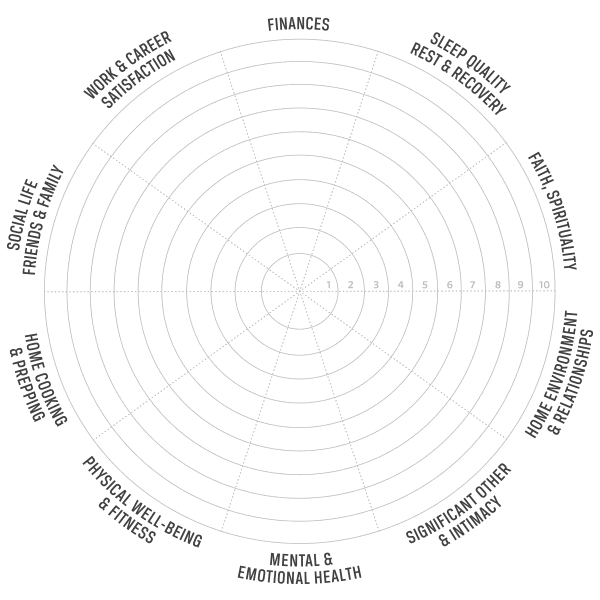
Step 3
Identify Opportunities
On the contrary, flat tires, dented rims, bent spokes will all affect how we roll in life. Those areas will exhibit the imbalances in your life that are pulling you back and affecting how you thrive. These become your areas of opportunity…
Your opportunities are the areas where you need to incorporate more self-care and become more aware of your daily contributions and routines in those areas. What habits do you have in those areas? Think about small modifications you can start implementing in that area, become mindful and set priorities based on your life vision.
